Home>diy>Building & Construction>How To Budget For Building A House


Building & Construction
How To Budget For Building A House
Modified: March 24, 2024
Learn the essential steps and tips on how to budget for your building construction project. Create a realistic budget and save money without compromising on quality.
(Many of the links in this article redirect to a specific reviewed product. Your purchase of these products through affiliate links helps to generate commission for Storables.com, at no extra cost. Learn more)
Introduction
Welcome to our comprehensive guide on how to budget for building a house. Whether you are considering constructing your dream home or embarking on a new real estate project, having a well-planned budget is crucial to ensure the success of your building endeavor. Building a house is a significant financial investment, and careful budgeting will help you navigate the process smoothly and avoid unexpected costs.
Assessing your finances, determining your budget, and understanding the various expenses associated with building a house are essential steps to take before diving into the construction process. By establishing priorities, researching costs, and seeking professional advice, you can create a realistic budget that aligns with your needs and financial capabilities.
In this guide, we will provide you with valuable insights and practical tips for budgeting for building a house. We will explore various factors that can impact your budget, including land or lot purchase, design and architecture expenses, construction costs, material and labor expenses, as well as contingency funds. Additionally, we will highlight the importance of tracking and monitoring your expenses throughout the building process, ensuring that you stay within your budget constraints.
Keep in mind that building a house can be a complex and multifaceted project. It requires careful planning, attention to detail, and a sound financial strategy. By following the advice and recommendations in this guide, you will be well-equipped to tackle the budgeting aspect of your building project.
Remember, budgeting for building a house is not just about setting a specific dollar figure—it’s about considering all the factors that contribute to the cost and making informed decisions. So, let’s dive into the details and get started on your journey to creating your dream home within your budget!
Key Takeaways:
- Careful budgeting for building a house involves assessing finances, determining priorities, researching costs, and factoring in additional expenses. Seeking professional advice and monitoring expenses are crucial for a successful project.
- Establishing a realistic budget for building a house requires thorough assessment of finances, setting priorities, and allocating funds for design, construction, and contingency. Seeking professional guidance and tracking expenses are essential for financial success.
Read more: How To Design A House On A Budget
Assessing Your Finances
Before you begin budgeting for your house construction project, it is essential to assess your financial situation thoroughly. Evaluating your finances will give you a clear understanding of how much you can afford to spend on building your dream home without overextending yourself financially.
Start by reviewing your current income, savings, and assets. Take into account your regular monthly income and any additional sources of income you may have. Assessing your finances includes considering your existing debts, such as mortgage payments, car loans, student loans, and credit card debt. This will give you a holistic view of your financial obligations and help you determine how much you can allocate towards building your house.
Next, it is crucial to analyze your savings and liquid assets. Determine how much money you have readily available that can be allocated towards the construction project. Remember to keep aside emergency savings for unforeseen expenses that may arise during the construction phase.
Another key aspect of assessing your finances is considering your credit score and eligibility for loans. Your credit score plays a significant role in determining the interest rates and loan options available to you. It is advisable to review your credit profile and take steps to improve it if necessary before approaching lenders for financing.
Additionally, you should evaluate your monthly expenses and identify areas where you can save. Cutting back on unnecessary expenses and reevaluating recurring costs can free up additional funds that can be directed towards your house construction budget.
Lastly, consider your future financial goals and the impact that building a house will have on your long-term finances. Will your income be affected during the construction process? Will you need to allocate funds for maintenance and repairs once the house is complete? Thinking ahead and understanding the financial implications of building a house will help you make informed decisions and set a realistic budget.
Once you have completed a comprehensive assessment of your finances, you will have a better understanding of your financial capabilities and limitations. This knowledge will serve as the foundation for creating a budget that is realistic and tailored to your specific needs. It will also allow you to approach lenders and professionals with confidence, as you will have a clear picture of what you can afford.
Determining Your Budget
After assessing your finances, the next step in budgeting for building a house is determining your budget. This involves setting a realistic spending limit based on your financial capabilities and the scope of your project.
Consider the size and style of the house you want to build, as well as any specific features or customizations you desire. The complexity and intricacy of the design will greatly influence the overall cost. Research local construction costs and consult professionals to get a better idea of the average price per square foot in your area.
It’s important to remember that construction costs can vary significantly based on factors such as materials used, labor costs, and the level of customization. Take the time to carefully consider your priorities and make a list of must-haves versus nice-to-haves. This will help you prioritize your budget and make cost-saving decisions without compromising on your core requirements.
Once you have a clear understanding of your budget, it’s advisable to add a contingency fund. Building a house often involves unforeseen expenses and unexpected challenges that can arise during the construction process. A contingency fund, typically set at around 10% to 20% of the overall budget, will provide a safety net to cover any unexpected costs that may arise.
In order to determine your budget, it’s crucial to involve professionals such as architects, contractors, and lenders. Architects can provide you with detailed cost estimates based on the design and specifications of the house. Contractors can provide insights on labor and material costs, including any additional expenses that may arise during construction. Additionally, lenders can provide guidance on loan options and help determine your borrowing capacity.
During this process, it is essential to be realistic and mindful of your financial situation. It’s easy to get carried away with grand plans and extravagant ideas, but it’s crucial to stay within a budget that is comfortable for you. It’s better to have a well-prepared and realistic budget than to encounter financial challenges later on during the construction process.
Ultimately, determining your budget requires a balance between your dream house aspirations and your financial capabilities. By carefully considering your priorities, consulting professionals, and preparing for unexpected expenses, you can confidently set a budget that sets the foundation for a successful house construction project.
Establishing Priorities
When budgeting for building a house, it’s essential to establish priorities to help guide your spending decisions and ensure that your budget aligns with your needs and desires. Establishing priorities will help you make informed choices about where to allocate your funds, allowing you to focus on the aspects of the house that matter most to you.
Start by considering the must-have features and functionalities of your dream home. Make a list of the key elements that are non-negotiable for you and your family. This could include the number of bedrooms and bathrooms, the size of the kitchen, the presence of a backyard, or specific architectural styles or design elements.
Once you have identified your must-haves, consider the nice-to-have features or upgrades that would enhance your living experience but are not essential. These could include luxury finishes, high-end appliances, landscaping, or additional living spaces such as a home office or a media room.
When establishing priorities, it’s important to strike a balance between your wants and needs. It’s natural to have a wishlist of features, but it’s crucial to consider their cost and how they align with your overall budget. While it may be tempting to include every desirable feature, it’s important to evaluate their impact on the budget and assess if they are truly worth the additional cost.
A budget-conscious approach to establishing priorities involves researching the cost of various features and materials. Compare prices, seek multiple quotes, and consider the long-term return on investment for each item. Some features may add value to your home and provide a higher resale value, while others may be purely for personal enjoyment.
It’s also worth considering the lifespan and durability of different materials and finishes. Opting for cost-effective yet durable options can help you stretch your budget without compromising on quality.
Flexibility is key when establishing priorities. Recognize that there may be trade-offs and compromises along the way. For example, if you find that the cost of a particular feature exceeds your budget, explore alternative options or consider scaling back in other areas to accommodate it.
By establishing priorities, you can focus your budget on what matters most to you, ensuring that those elements receive adequate funding. This approach allows you to be intentional with your spending and create a home that fulfills your needs and preferences while staying within your financial limits.
Remember, everyone’s priorities will differ based on their unique circumstances and preferences. Take the time to discuss and align priorities with any family members involved in the decision-making process to ensure everyone’s needs are considered.
Researching Costs
Researching costs is a vital step in budgeting for building a house. By understanding the average costs associated with various aspects of construction, you can make informed decisions and set a realistic budget.
Start by gathering information about local construction costs in your area. Research the average cost per square foot for new builds, as this will give you a rough estimation of the cost based on the size of the house you plan to construct.
Consider the type of construction you have in mind, as different building methods and materials can have a significant impact on the cost. For example, building with traditional wood framing might be more cost-effective compared to using steel or concrete. Research the pros and cons of different building materials and their associated costs to determine what best suits your budget and needs.
It’s also crucial to factor in geographical considerations. Construction costs can vary regionally due to factors such as labor availability, building codes and regulations, and material availability. Local builders or contractors can provide valuable insights into these regional variations in costs.
Additionally, research the costs of required permits and fees. Building permits, impact fees, and utility connection fees are common expenses that need to be accounted for in your budget. Contact your local building department or consult professionals to get accurate information on these costs.
Another area to research is the cost of hiring professionals such as architects and contractors. Architects can provide you with design plans and specifications, but their fees can vary depending on their experience and the level of customization required. Contractors’ costs for labor and supervision will also be influenced by factors like the complexity of the project and the quality of materials being used.
When researching costs, be thorough and gather multiple quotes from different professionals and suppliers. This will give you a better understanding of the market rates and allow you to negotiate and compare prices effectively.
Take the time to consider the long-term costs associated with building a house. Energy efficiency measures, such as insulation, high-quality windows, and efficient heating and cooling systems may require a higher upfront investment but can lead to significant savings in utility bills over time.
Keep in mind that researching costs is an ongoing process. As you progress through the planning and construction phases, continue to gather updated quotes and information to ensure your budget remains accurate and up-to-date.
By conducting thorough research on costs, you will be equipped with the knowledge to make informed decisions about your budget. This will help you avoid overspending and ensure that your financial resources are allocated appropriately to achieve your goals.
Read more: How To Build A New Wardrobe On A Budget
Factoring in Additional Expenses
When budgeting for building a house, it’s important to consider and factor in additional expenses that may arise throughout the construction process. These costs go beyond the basic construction materials and labor and can have a significant impact on your budget.
One of the primary additional expenses to consider is the cost of permits and fees. Building permits are required for new construction, and depending on your location, there may be additional fees for impact assessments, utility connections, and inspections. Contact your local building department to obtain a list of all the necessary permits and associated costs.
Another significant cost to factor in is professional fees for architects, engineers, and other consultants. Architects will provide the necessary design and construction documents, and their fees can vary depending on the complexity of the project and the level of customization required. Engineers may be required for structural analysis and design, and their fees should also be considered. Additionally, you may need to consult specialists for areas such as HVAC, plumbing, or electrical systems.
Don’t forget about landscaping costs. While it may not be directly related to the construction of the house, landscaping can significantly contribute to the overall aesthetics and functionality of your property. Consider the expenses associated with lawn installation, planting trees and shrubs, and any hardscaping elements like pathways, patios, or decks.
It’s important to allocate funds for interior finishes and fixtures. This includes items such as flooring, countertops, cabinetry, plumbing fixtures, light fixtures, and electrical fittings. These finishes greatly influence the look and feel of your home, and their costs can vary depending on the quality and materials chosen.
Consider the cost of appliances for your kitchen and laundry room as well. Refrigerators, stoves, dishwashers, washers, and dryers are essential for everyday living and should be included in your budget. It’s also worth considering energy-efficient appliances, as they can lead to long-term cost savings.
Insurance is another expense that should not be overlooked. During the construction process, you’ll need to ensure that your property is adequately protected. Builders risk insurance will cover any damage or loss that may occur during construction, while once the house is complete, you’ll need homeowners insurance to safeguard your investment.
Lastly, budget for any desired upgrades or changes that you may decide to make during the construction process. Once construction is underway, you may find that you want to add or modify certain features. Having a contingency fund or allocating a specific portion of your budget for these changes will ensure that you have the flexibility to make adjustments without compromising your financial stability.
By factoring in additional expenses, you can avoid unexpected financial constraints and ensure that you have the necessary funds to cover all aspects of your house construction project. Careful planning and consideration of these costs will lead to a more realistic and comprehensive budget.
Allocating Funds for Design and Architecture
When budgeting for building a house, a significant portion of your funds will go towards design and architecture. It’s important to allocate a sufficient budget for these aspects, as they play a crucial role in creating a functional and visually appealing home.
First and foremost, hiring an architect is essential to bring your vision to life. Architects are trained professionals who will work closely with you to understand your needs, preferences, and lifestyle. They will create a customized design that meets your requirements and maximizes the potential of your property.
Architects’ fees typically vary based on the scope and complexity of the project. The more intricate the design and the level of customization, the higher the architect’s fees are likely to be. It’s important to discuss your budget constraints with the architect from the outset to ensure they can work within your financial limits while still delivering the desired outcome.
In addition to the architect’s fees, there are other design-related costs to consider. This includes expenses such as obtaining building permits, conducting feasibility studies, and engaging engineers for structural, electrical, and plumbing designs. These professionals are responsible for ensuring that the building is structurally sound and meets all safety and building code requirements.
Interior design is another aspect to consider when allocating funds. While it may seem like an additional expense, investing in a professional interior designer can have a significant impact on the final look and feel of your home. They will help you make informed choices about finishes, colors, materials, and furniture placement, creating a cohesive and aesthetically pleasing interior space.
When allocating funds for design and architecture, it’s important to strike a balance between your budget and the desired outcome. Work closely with your architect and interior designer to clearly communicate your vision, priorities, and budget constraints. They can provide valuable guidance on cost-saving strategies and alternative materials that can still achieve the desired aesthetic without breaking the bank.
Flexibility is key when allocating funds for design and architecture. As the design progresses, new ideas or unforeseen challenges may arise. Having a contingency fund or allocating a portion of your budget for design modifications will give you the flexibility to make adjustments without compromising the overall project or exceeding your financial limits.
Remember, investing in quality design and architecture is an investment in the long-term value and enjoyment of your home. It’s worth allocating adequate funds to ensure that your house reflects your style, functionality, and personal preferences.
By carefully considering these aspects and allocating funds accordingly, you can ensure that your design and architecture are given the attention they deserve and that your house construction project turns into the dream home you envision.
When budgeting for building a house, make sure to account for all potential costs including land, permits, materials, labor, and unexpected expenses. It’s important to have a contingency fund to cover any unforeseen costs that may arise during the construction process.
Planning for Construction Costs
When budgeting for building a house, one of the most significant expenses to consider is the construction costs. Planning ahead and accurately estimating these costs is crucial to ensure that your budget is realistic and sufficient for the successful completion of the project.
Start by creating a detailed construction plan. This plan should outline every aspect of the build, including the size and layout of each room, the type of materials to be used, and any special features or customization. A well-structured construction plan will provide a clearer picture of the scope of work and help in estimating the costs involved.
Research local construction costs to get an idea of the average price per square foot in your area. This can help in estimating the overall cost based on the size of the house you plan to build. Keep in mind that construction costs can vary depending on factors such as the complexity of the design, site conditions, and the level of customization.
Consult with contractors and construction professionals to obtain accurate estimates for labor and material costs. Contractors can provide you with detailed quotes based on the construction plan and your specific requirements. It’s advisable to obtain multiple quotes to ensure that you’re getting competitive pricing and to have a better understanding of the costs involved.
Don’t forget to include the cost of site preparation and foundation work in your budget. Clearing the land, excavating, and laying the foundation are essential steps in the construction process and can have a significant impact on your costs. Factors such as soil conditions and accessibility to the site may affect the cost of site preparation.
Consider both direct and indirect construction costs when planning your budget. Direct costs include materials, labor, and equipment required for construction, while indirect costs encompass items such as building permits, insurance, temporary utilities, and site security. Including all these costs will provide a more comprehensive estimate of your construction expenses.
It’s important to account for inflation and price fluctuations when estimating construction costs. Construction projects often span several months or even years, and prices of materials and labor can fluctuate during this time. Research historical trends and consult with construction professionals to factor in potential cost increases over the duration of your project.
Having a contingency fund is crucial when planning for construction costs. Unexpected expenses and unforeseen circumstances can arise during the construction process, and having a buffer of around 10% to 20% of the overall budget can help you address these situations without significant financial strain.
Keep in mind that planning for construction costs involves continuous monitoring and adjustment. As the construction project progresses, there may be changes, modifications, or unforeseen challenges that require adjustments to the budget. Regularly review and update your budget to ensure that you have adequate funds throughout the construction process.
By thoroughly planning and estimating construction costs, you can ensure that your budget accurately reflects the financial requirements of your building project. Careful consideration of these costs will help you avoid surprises and keep your project on track for success.
Budgeting for Land or Lot Purchase
When budgeting for building a house, one of the first and most crucial expenses to consider is the purchase of land or a lot. The cost of the land will have a significant impact on your overall budget and should be carefully planned for.
Start by determining the location where you want to build your house. Research the real estate market in that area to get an idea of land prices. Consider factors such as proximity to amenities, schools, transportation, and future development potential, as these can influence the value of the land.
Set a realistic budget for land purchase based on your overall project budget. It’s important to allocate a sufficient amount for the land while still ensuring that you have enough funds for the actual construction and other related expenses.
Consider the size and shape of the land when budgeting. Irregularly shaped lots or lots with challenging topography may require additional expenses for grading or site preparation. Understanding the specific characteristics of the land will help you estimate the associated costs accurately.
Consult with real estate agents or land professionals to get a better understanding of current land prices in your desired location. They can provide insights on market trends, recent sales, and any specific factors that may impact land prices in that area.
In addition to the purchase price of the land, consider other expenses such as closing costs, title insurance, and any required land surveys or appraisals. These additional costs should be factored into your budget to ensure a comprehensive estimate of the total land purchase expenses.
When budgeting for land purchase, it’s essential to be aware of any potential hidden costs or restrictions. Investigate factors such as zoning regulations, easements, environmental considerations, and utility connections. Unexpected costs or restrictions can impact your ability to build on the land or increase your expenses, so thoroughly research and understand these factors before finalizing your budget.
Depending on your financial situation, it may be necessary to secure financing specifically for the land purchase. Consult with lenders who specialize in land loans and explore your options for financing this portion of your project. Be prepared to provide information on your budget, construction plans, and any other requirements the lender may have.
Finally, it’s important to keep in mind that land prices can fluctuate, so it’s advisable to budget with some flexibility. Be prepared to adjust your budget based on market conditions and be open to exploring different locations or sizes of land that may better fit your financial capabilities.
By carefully budgeting and planning for land or lot purchase, you can ensure that this significant expense is accounted for and that you have a solid foundation for your house construction project. Thorough research, realistic budgeting, and the assistance of professionals will help you make informed decisions and secure the land that aligns with your vision and financial goals.
Read more: How To Build A Rustic Home On A Budget
Managing Material and Labor Costs
When budgeting for building a house, it’s crucial to manage material and labor costs effectively. These expenses can significantly impact your budget, so careful planning and strategic decision-making are essential to keep costs under control.
Start by creating a detailed list of all the materials you will need for your construction project. Research prices from different suppliers to identify the best deals and quality materials within your budget. Ensure that you account for all necessary materials, including lumber, concrete, plumbing fixtures, electrical components, roofing materials, and insulation.
Consider the quality of materials when managing costs. While it can be tempting to opt for cheaper materials, keep in mind that compromising on quality may result in higher long-term maintenance and repair costs. Look for a balance between cost-effectiveness and durability, ensuring that the materials you choose meet the necessary standards without exceeding your budget.
Seek competitive bids from multiple contractors and suppliers for both materials and labor. Obtain detailed quotes that outline the specific costs associated with each component and service. Carefully review these quotes to identify any discrepancies or potential areas where costs can be reduced.
Make strategic decisions about labor costs. Hiring the right contractor who provides quality services at a fair price is crucial. Research and obtain recommendations to find reputable contractors who have a track record of delivering successful projects within budget. Consider obtaining multiple quotes and compare the costs and services offered by different contractors before making a final decision.
Efficient project management can also help control labor costs. Establish open lines of communication with your contractor and ensure that there is clarity on project timelines, deliverables, and expectations. This will help avoid delays and costly mistakes that could increase labor expenses.
Consider using technology and software tools to improve efficiency and reduce material waste. Accurate measurements and precise ordering can help minimize excess materials and prevent unnecessary expenses. Additionally, using sustainable and energy-efficient practices can lead to long-term cost savings on utility bills while also benefiting the environment.
Regularly monitor and track material and labor costs throughout the construction process. Keep a detailed record of all expenses, including invoices, receipts, and change orders. This will provide valuable insights into where the majority of the budget is being allocated and allow you to identify areas where costs can be further managed or optimized.
Building a relationship of trust and transparency with your contractor and suppliers can help in negotiating better prices and cost-saving opportunities. By keeping open lines of communication and fostering a collaborative relationship, you may be able to find creative solutions to manage material and labor costs without compromising on quality.
Managing material and labor costs requires a combination of careful planning, research, and ongoing monitoring. By implementing cost-saving strategies and staying vigilant throughout the construction process, you can effectively manage these expenses and keep your budget on track.
Considering Contingency Funds
When budgeting for building a house, it’s vital to allocate funds for contingency expenses. Contingency funds act as a safety net, providing financial protection against unexpected costs and unforeseen circumstances that may arise during the construction process.
One commonly recommended practice is to set aside around 10% to 20% of the total project budget as a contingency fund. This percentage can vary depending on factors such as the complexity of the project, the level of customization, and the overall risk level associated with the construction.
Contingency funds are intended to cover expenses that are difficult to predict, such as additional labor or materials due to unforeseen design changes, discovering hidden issues during construction, or unexpected increases in material costs. It’s essential to anticipate and plan for these potential expenses to avoid financial strain or delays in the construction timeline.
It’s important to remember that contingency funds should not be seen as expendable or disposable. Every effort should be made to stay within the original budget and minimize the need to tap into the contingency funds. However, having them readily available provides peace of mind and financial flexibility if unexpected expenses do arise.
Regularly monitor the usage of your contingency funds throughout the construction process. Keep detailed records of every expense, and track it against the original budget. This will help you assess the financial health of the project and determine if any adjustments need to be made to manage the funds effectively.
Communication is key when utilizing contingency funds. Keep an open line of communication with your contractor and other professionals involved in the project. Discuss any potential issues or changes that may impact the budget, and work together to find cost-effective solutions without compromising the quality or safety of the construction.
Contingency funds should also be considered when making decisions about design changes or upgrades during the construction process. If you decide to make modifications to the original design, be mindful of the impact it may have on the budget and assess if any additional funds from the contingency can be allocated towards these changes.
It’s important to be realistic and transparent with yourself and your contractor about the potential risks and uncertainties of the construction process. Understanding that unexpected challenges can arise and having the financial resources to address them will help you navigate the project with greater confidence and ease.
By considering and budgeting for contingency funds, you mitigate the risk of being caught off guard by unexpected expenses during the construction of your house. Allocating funds for contingencies allows you to maintain financial stability and ensures that your project can move forward smoothly, even in the face of unforeseen challenges.
Tracking and Monitoring Expenses
Tracking and monitoring expenses is a critical aspect of budgeting for building a house. Keeping a close eye on your financials throughout the construction process helps you stay within your budget and identify areas where cost savings can be achieved.
Start by creating a detailed budget that outlines all of your anticipated expenses. This includes not only the major costs such as land purchase, design and architecture fees, construction materials, and labor, but also the smaller expenses like permits, fees, and professional services.
Set up a system to track all expenses related to the construction project. Create separate categories for different types of costs, such as materials, labor, permits, and unforeseen expenses. Use spreadsheets or budgeting apps to record each expense with the corresponding category, date, and amount.
Update your expense sheet regularly to reflect the most current information. As you make purchases or receive invoices, enter the details into your tracking system. This will provide you with an accurate picture of your spending and allow you to make informed decisions moving forward.
Compare your actual expenses against your projected budget on a regular basis. This will help you identify any discrepancies and make necessary adjustments. Analyzing your spending patterns will also give you insights into areas where you may be overspending or where you can potentially save money.
Keep a close eye on any changes or unexpected expenses that may arise during the construction process. Unforeseen circumstances like weather delays, material price fluctuations, or design modifications can impact your budget. By tracking expenses and being aware of these changes, you can proactively address them and adjust your budget accordingly.
Regularly communicate with your contractors, suppliers, and other professionals involved in the construction process. Stay updated on the progress of the project, any changes in scope, and any cost implications associated with those changes. This will help you stay on top of the financial aspects of the project and prevent any surprises.
Use technology and software tools to simplify and streamline the tracking process. There are numerous budgeting apps and software available that can help you manage your expenses, track invoices, and generate reports. These tools can facilitate the tracking and monitoring process, making it more efficient and accurate.
Don’t forget to include any deposits, progress payments, or loan disbursements in your expense tracking. These financial transactions should be recorded and accounted for in order to maintain an accurate representation of your budget and overall cash flow.
Regularly review your expense tracking system with your contractor and other professionals involved in the project. This will ensure that everyone is on the same page regarding the budget and any adjustments that may need to be made.
By diligently tracking and monitoring your expenses, you maintain a clear and accurate understanding of your budget. This information empowers you to make informed decisions about spending, identify areas for cost savings, and keep your project on track financially.
Seeking Professional Advice and Guidance
When budgeting for building a house, seeking professional advice and guidance can be invaluable. Building a home is a complex and multifaceted process, and the expertise of professionals can help you navigate the intricacies of budgeting, planning, and construction.
One of the first professionals you should consider consulting is an architect. Architects are trained to translate your vision into a functional and aesthetically pleasing design. They can provide valuable insights into how to optimize your budget while ensuring that your design goals are met. Architects can also help in estimating costs and advise on sustainable and energy-efficient solutions that can lead to long-term savings.
Contractors and builders are another essential source of professional advice. They have experience in construction projects and can help you determine realistic budgets and timelines. Contractors can provide detailed cost estimates, offer suggestions for cost-saving measures, and recommend the best materials and construction methods for your project. They also have a network of subcontractors and suppliers, which can help streamline the building process.
Consulting with lenders or financial advisors is crucial to understand your financing options and determine a budget that works for your financial situation. They can help you navigate loan options, explain interest rates and repayment terms, and assist in identifying any available grants or incentives for home construction. These professionals can also provide guidance on how to structure your budget smartly to ensure a successful and financially sustainable project.
Real estate agents or land professionals can provide valuable insights into the current market trends, land values, and zoning regulations. They can help you find suitable locations within your budget and provide information on any restrictions or potential costs associated with the land purchase. Real estate agents can also assist you in identifying any hidden costs or risks that may impact your budget.
Engaging with professionals who specialize in sustainable design and energy efficiency can also be advantageous. They can help you incorporate environmentally friendly solutions that not only reduce your ecological footprint but also potentially save on long-term operating costs. These professionals can offer advice on renewable energy systems, insulation, and energy-efficient appliances and fixtures.
Throughout the entire construction process, it’s crucial to maintain open communication with the professionals involved. Regularly review your budget, timeline, and design plans with them to ensure that everyone is aligned and working towards the same goals. Their expertise and advice can help you make informed decisions and avoid costly mistakes or overages.
Remember, seeking professional advice and guidance is an investment in the success and efficiency of your house construction project. By leveraging their expertise, you can tap into valuable knowledge and experience that will save you time, money, and potential headaches along the way.
Read more: How To Build A Work Wardrobe On A Budget
Conclusion
Budgeting for building a house is a complex and meticulous process that requires careful planning, research, and consideration of various factors. By following the steps outlined in this guide and seeking professional advice, you can create a realistic and comprehensive budget that aligns with your vision and financial capabilities.
Assessing your finances and determining your budget are critical first steps. Understand your income, savings, and financial obligations to establish a spending limit that is comfortable for you. Consider consulting with professionals like architects, contractors, and lenders to gain insights into realistic cost estimates and financing options.
Establishing priorities allows you to allocate your budget appropriately, making sure that the most important features of your dream home are given adequate funding. Researching the costs associated with land purchase, design and architecture, construction, and additional expenses helps you formulate a more accurate budget.
Managing material and labor costs, as well as considering contingency funds, are essential to keep your budget on track throughout the construction process. Be diligent in tracking and monitoring expenses, regularly reviewing your budget, and adjusting as necessary to ensure that you stay within your financial limits.
Lastly, don’t hesitate to seek professional advice and guidance. Architects, contractors, lenders, and other experts can provide valuable insights, help you make informed decisions, and navigate the complexities of building a house.
In conclusion, constructing a house is a significant financial investment, and having a well-planned budget is crucial to the success of your project. By carefully considering all aspects of budgeting, staying proactive in monitoring expenses, and seeking professional guidance, you can ensure that your dream home becomes a reality within your financial means.
Remember, building a house is not just about the end result. It’s also about the journey and the process. Enjoy the experience, make informed decisions, and savor the satisfaction of seeing your vision come to life within the bounds of your budget.
Frequently Asked Questions about How To Budget For Building A House
Was this page helpful?
At Storables.com, we guarantee accurate and reliable information. Our content, validated by Expert Board Contributors, is crafted following stringent Editorial Policies. We're committed to providing you with well-researched, expert-backed insights for all your informational needs.
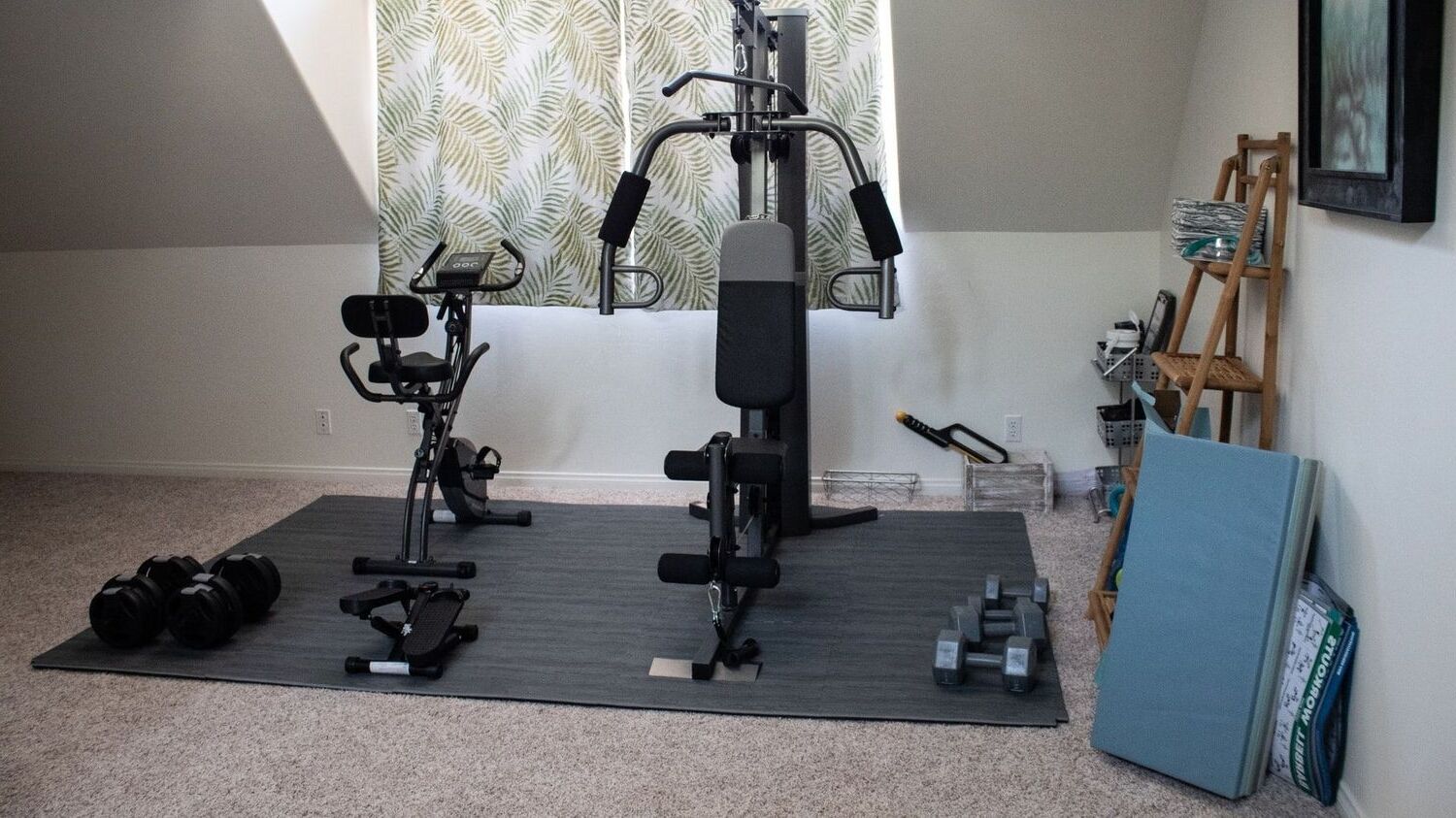
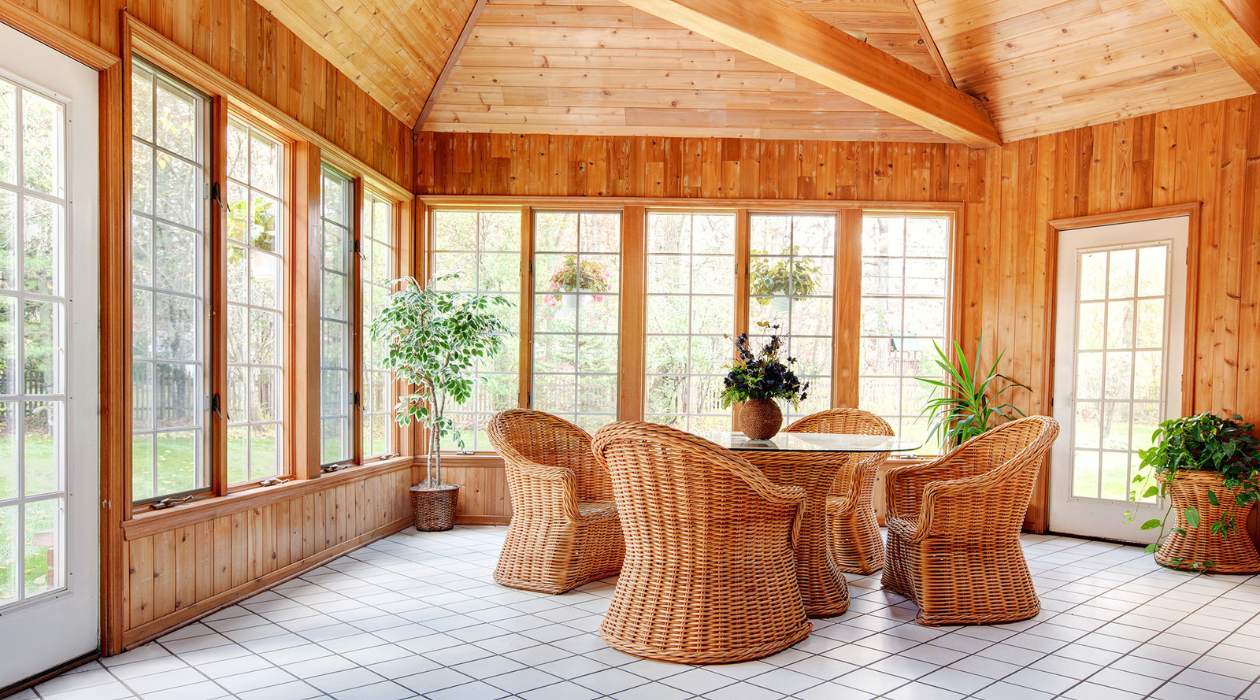


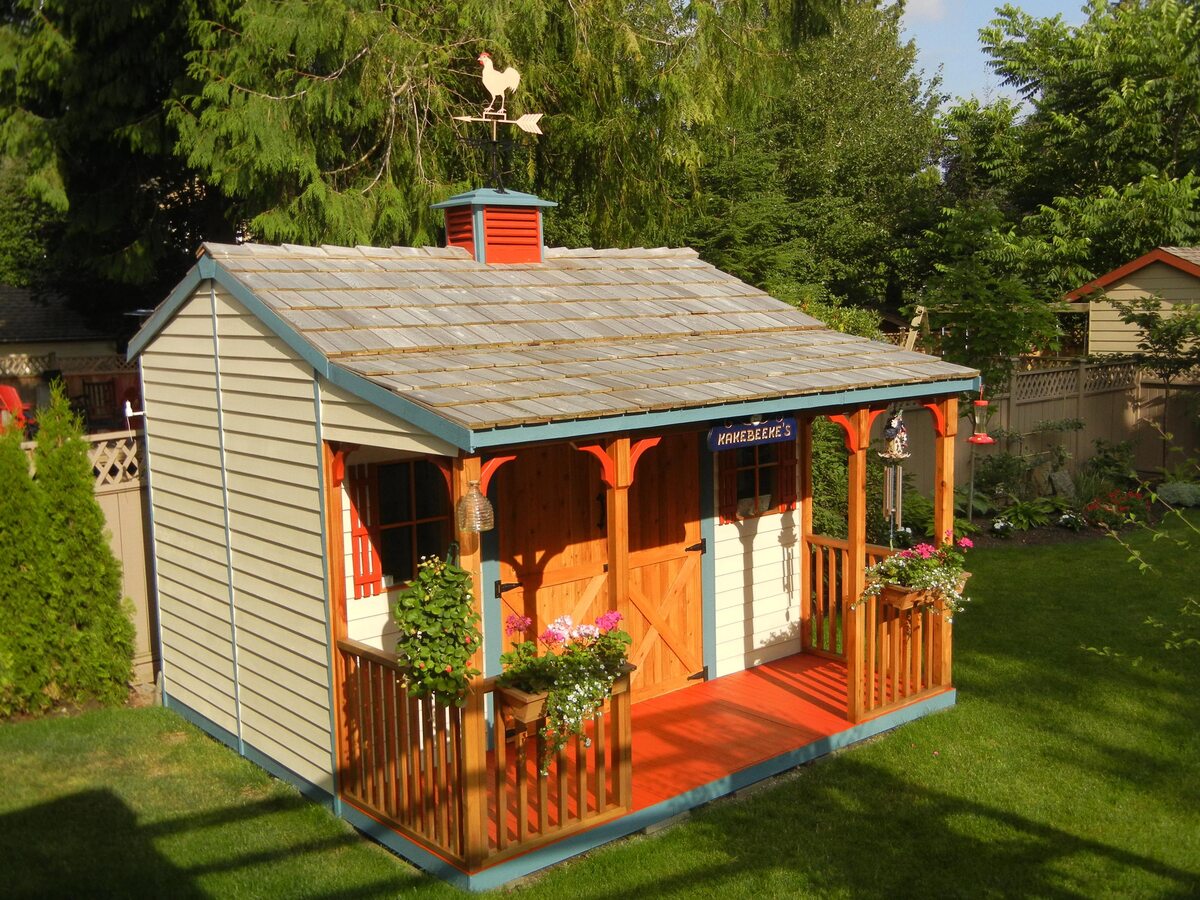
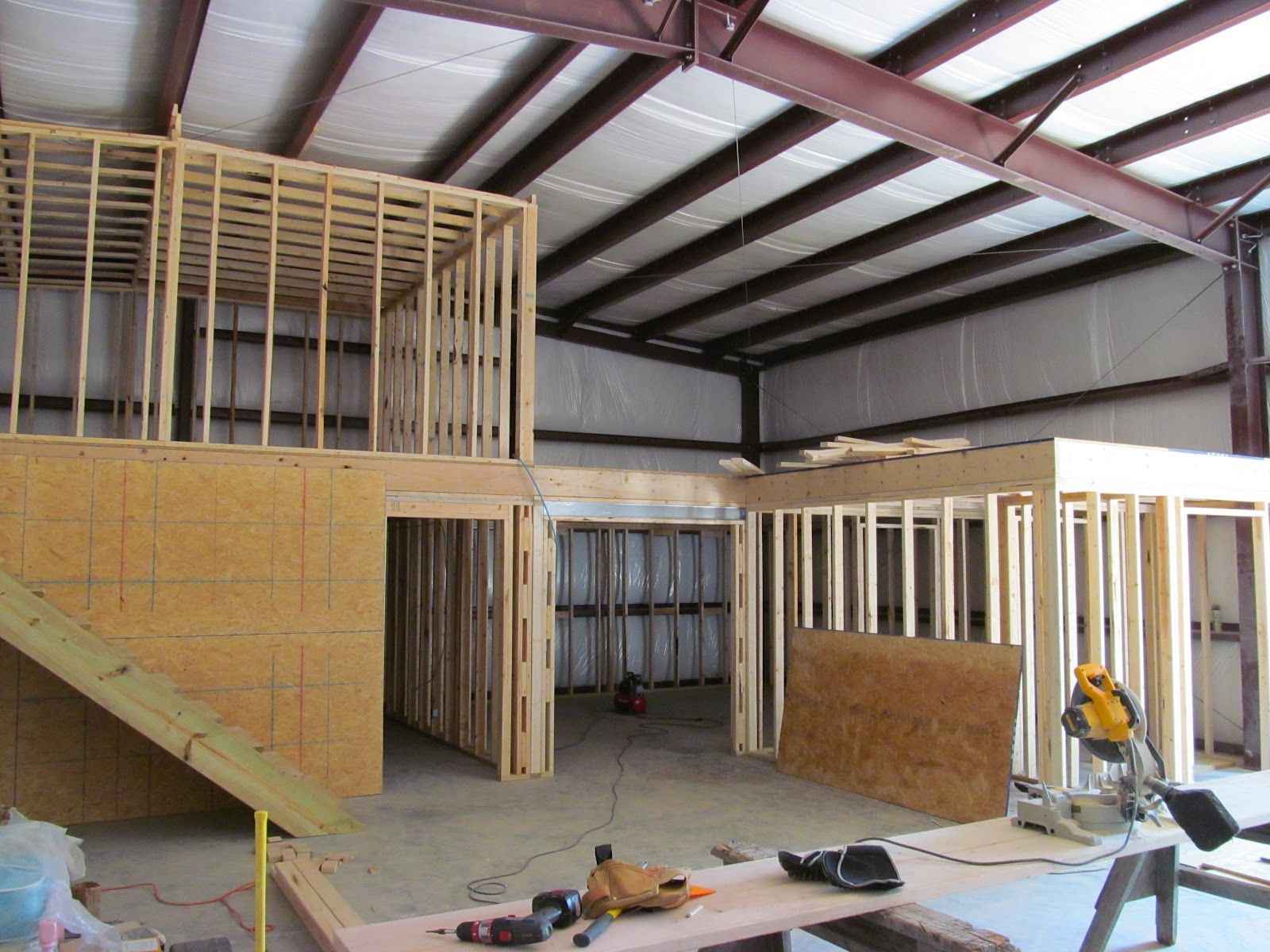
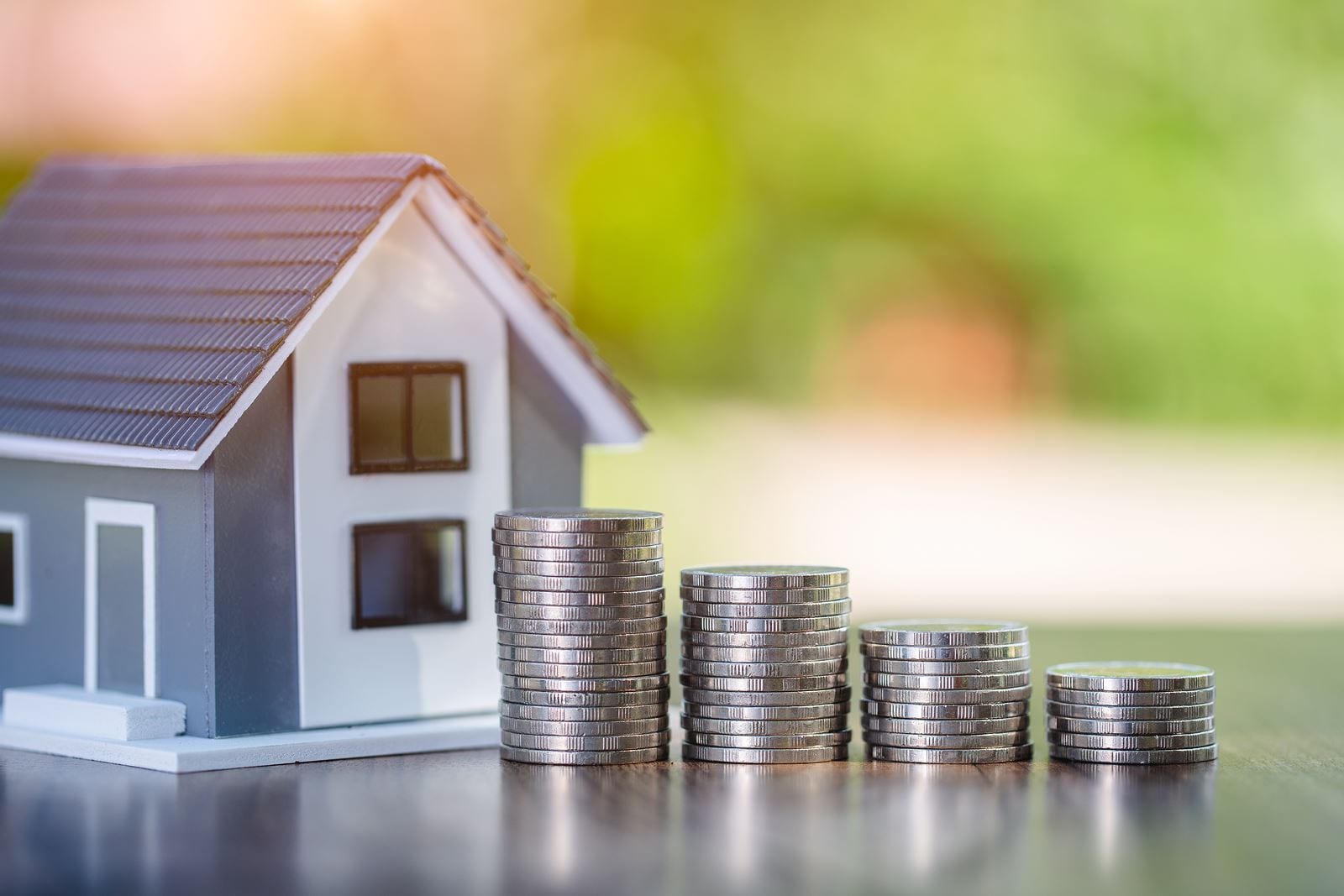
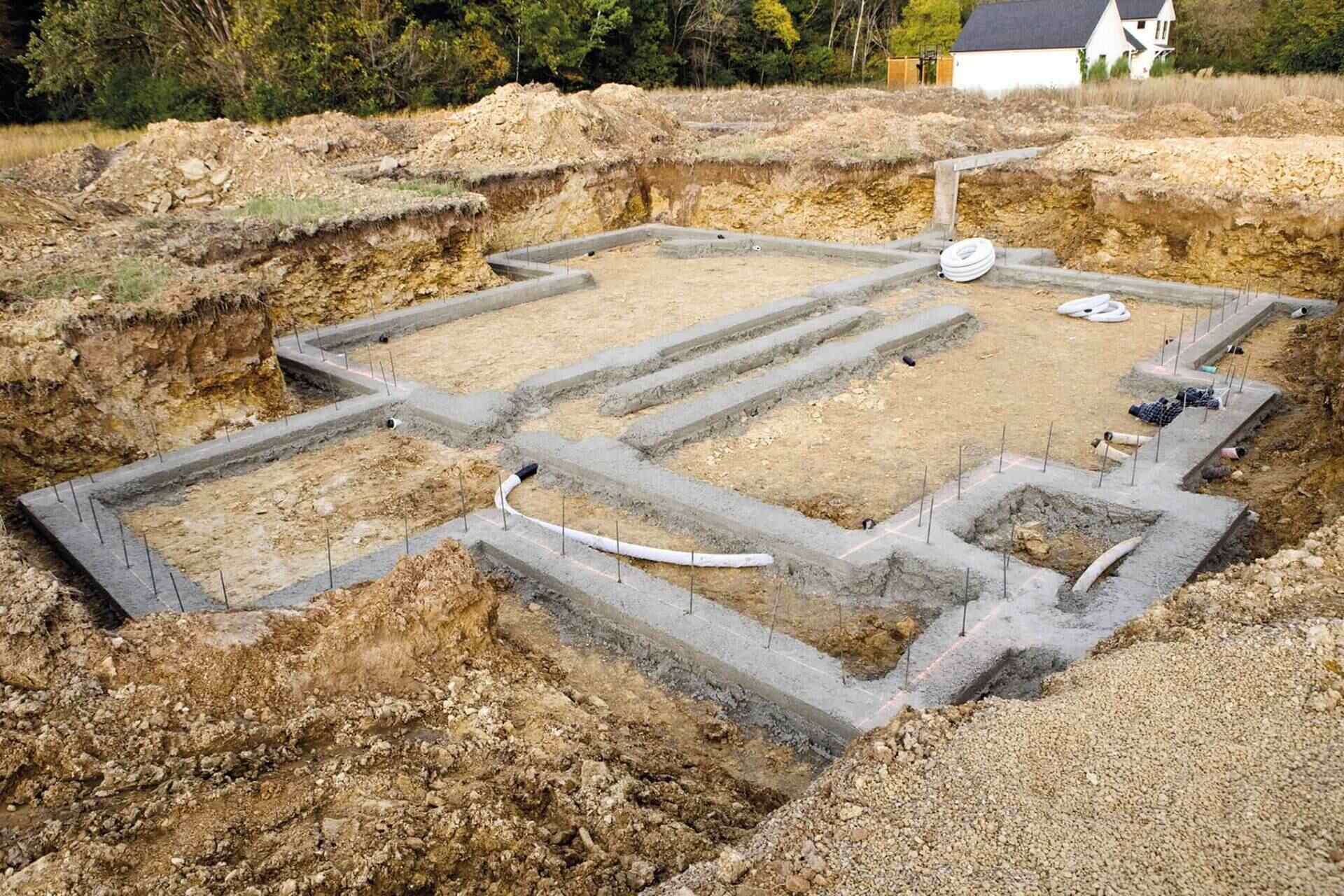
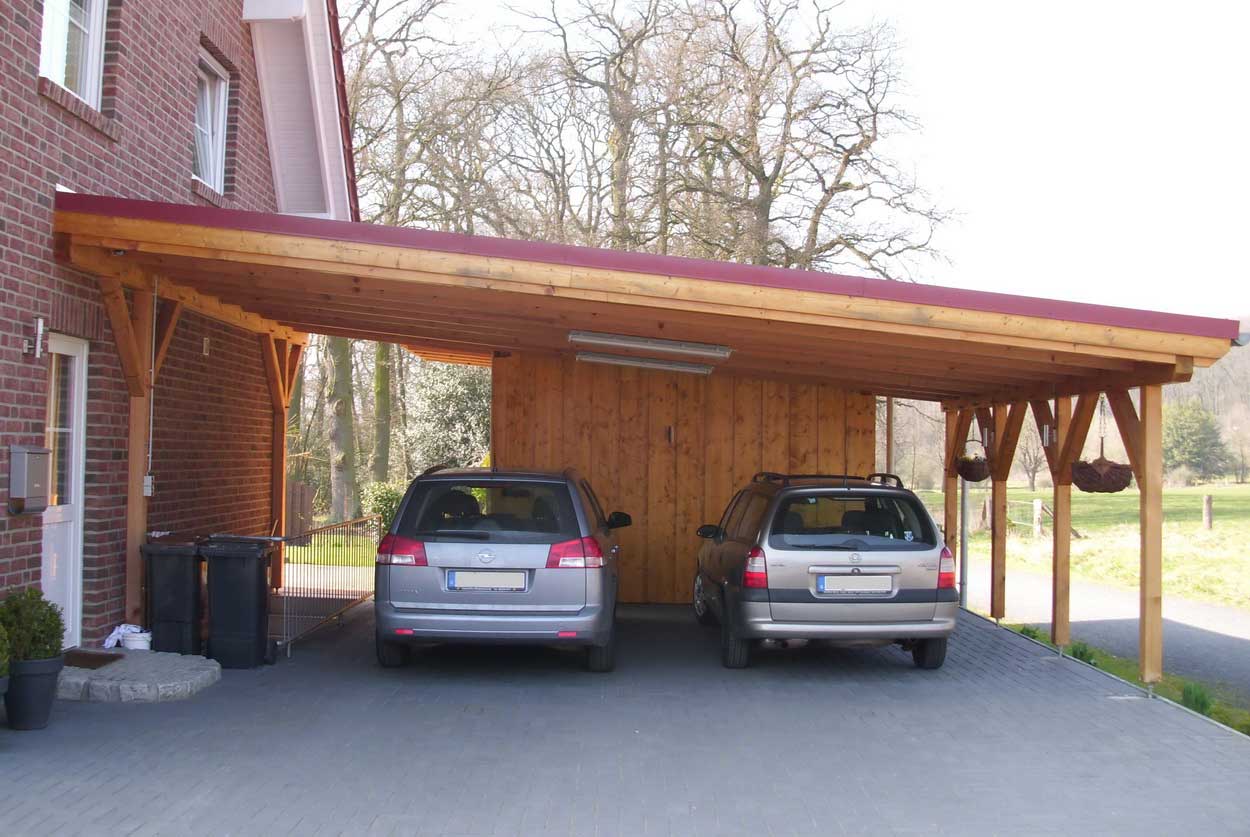
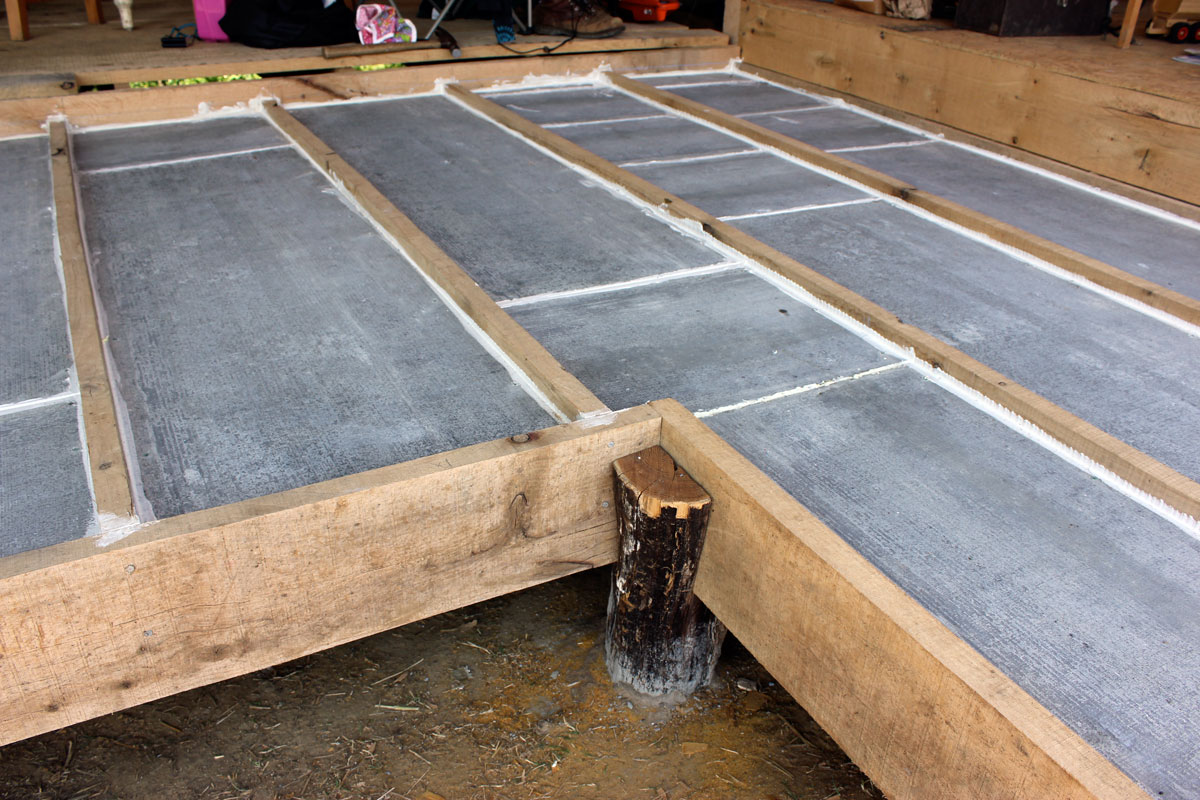
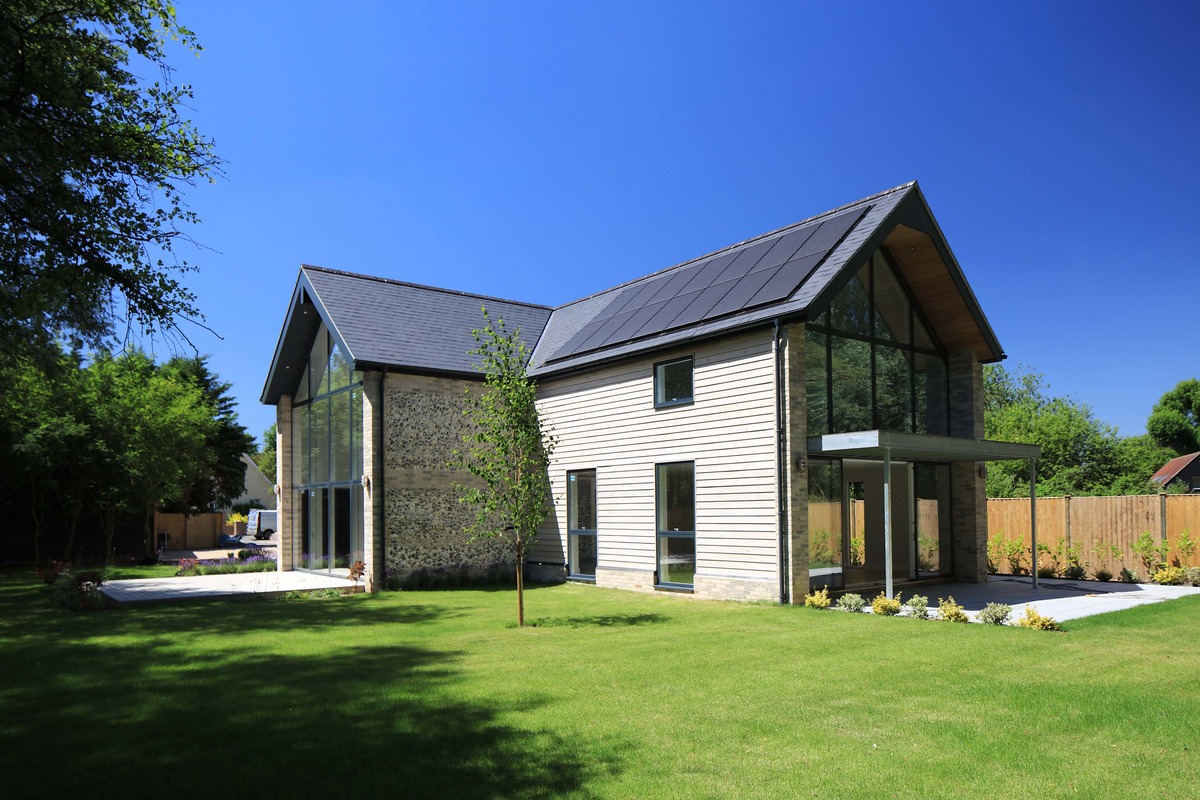
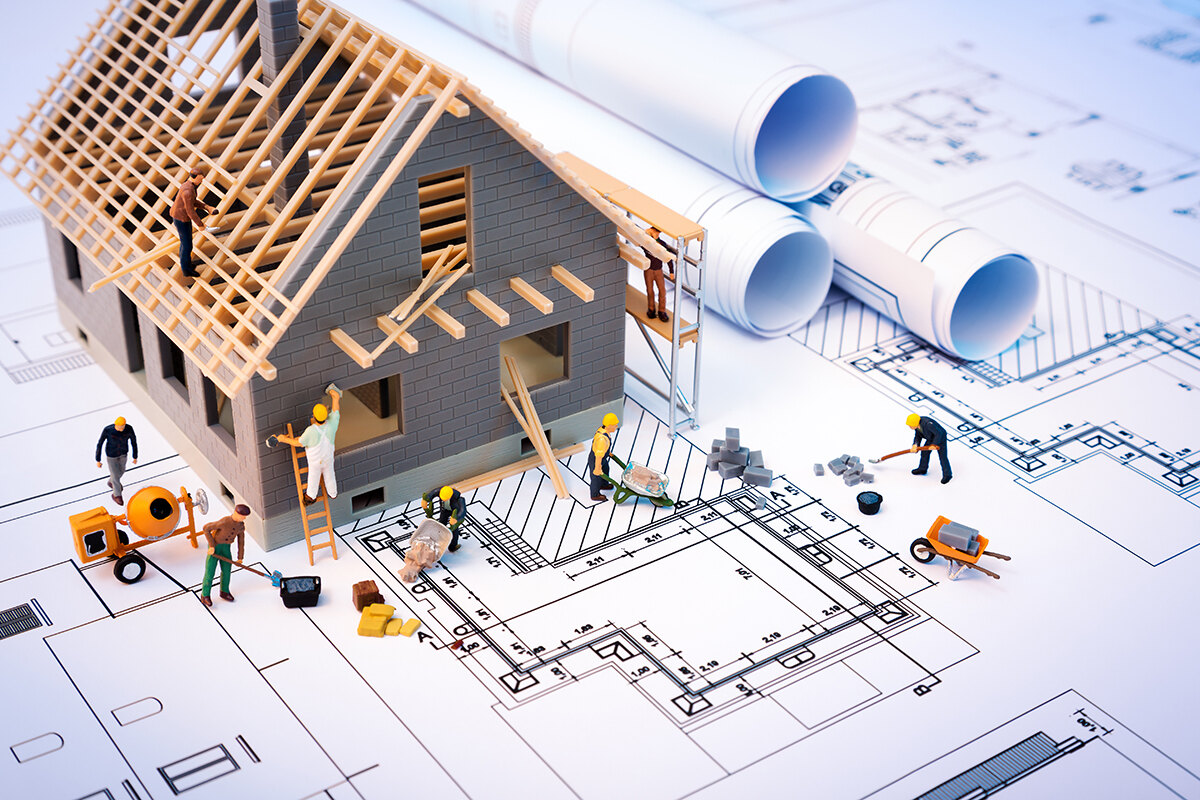

0 thoughts on “How To Budget For Building A House”